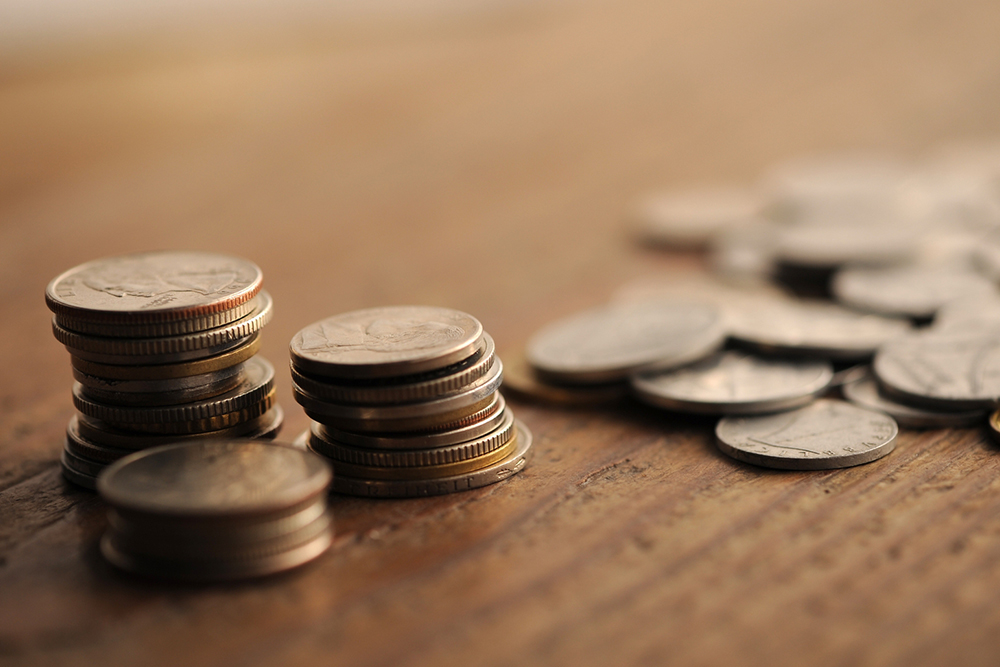Key Things to Know About Valuable Coins in Kenya
Coin collecting, also known as numismatics, can be a rewarding hobby. It not only helps one learn about the history of coins but also acquire objects that hold significant value. Besides, this hobby often brings with it an element of surprise. For instance, one might find out that the coins they held on to now are considered rare and valuable because of historically significant events attached to them. This enhances the coin collection experience.

Things that make coins valuable
Typically, a coin becomes rare or valuable when a specific historical event is associated with it. For example, the 1794 Flowing Hair Silver Dollar in the US is known to be one of the most valuable rare coins in history. If one looks up the 10 best coins to buy, this one often tops most lists. The coin is of significance, as it is believed to be the first silver dollar that was struck by the US Mint. It can be recognized from its distinct features, such as a front that shows a profile of Lady Liberty with flowing hair. The reverse has an American eagle. The rarity of these coins comes from the fact that less than 1,800 of them were produced at the time. Among these, fewer than 130 coins remain. In an auction held recently, one of these coins sold for about 1,54,80,00,000 KSh.
The 1794 Flowing Hair Silver Dollar is an extremely rare coin with incredibly high value, so only a few can afford it. For others, there is no dearth of less rare coins that are easier to find and buy. New and experienced collectors can begin their search with guides and auction catalogues containing pictures of coins worth money. While not all the coins might not be associated with a particular historical event, they might be valuable due to the period they belong to. For instance, the coins minted by the East India Company in its colonies are considered to offer high returns. One such coin is the 1841 Two Annas Queen Victoria Silver Coin. Struck in the Calcutta Mint by the East India Company, the value of this rare silver coin is now around 30,732.62 KSh. Similarly, some other coins minted by the East India Company are valuable in Kenya. These coins entered the country through the historic dhow (ship) trade between British India and Kenya.
Historically valuable coins in the country
Some of the most valuable coins in Kenya can be traced to the earliest use of currency in the country. According to most historical records, this begins with the silver coin known as the Maria Theresa Thaler. This was initially minted in Austria around 1741. Its usage migrated to Kenya through the Arabs who came with the Sultanate to Zanzibar in about 1832.
Years later, in the 1860s, the newly independent USA started trade exchanges with Zanzibar. Along with bringing commodities like merikani (a coarse cloth), they also brought the silver dollar. This was when the British East India Company was also carrying out trade exchanges with Kenya along the Indian Ocean. So, along with the silver dollar, the silver rupee from British India also came into circulation in Kenya. While these coins had similar quality, they had different weights based on the quantity of silver used. This quantity was then used to determine the exchange rate of coins.
Apart from these coins, the Imperial British East Africa Company or IBEA started to issue coins such as the Pice, Rupees, and Annas, as the company got concessions to trade in the region, which is present-day Kenya. Then, the IBEA became bankrupt. The Foreign Office took over the region and started minting only a single coin, the copper Pice bearing the name of the East Africa Protectorate. This changed after World War I.
As the East Africa Protectorate started to cope with the post-war economic environment, the pre-existing currency board was dismantled. Its place was taken by the East African Currency Board (EACB), which was based in London. They started issuing coins and currency specifically for East Africa, including Kenya. The EACB began to issue currency that was influenced by the English Florin. This was a 2 Shilling coin issued during the mid-nineteenth century. The size and shape of the Florin were similar to that of the Rupee issued by the IBEA. In addition, it was a silver substrate. It is this Florin coin that eventually became one of the sources of the present-day shilling in Kenya.
Finally, starting from 1962, as most of the East African territories, including Kenya, started becoming independent, the EACB stopped making coins and currency with the image and name of the British monarchy. As these coins were no longer issued and their usage ceased, they slowly started gaining the status of being rare and valuable.
Top valuable coins in Kenya from the pre-independence period
- 1780 Maria Theresa Thaler
- 1888 One Pice
- 1888 One Rupee IBEA
- 1890 Two Annas
- 1898 One Pice Queen Victoria
- 1907 One Cent Coin of King Edward VII
- 1920 Fifty Cents One Shilling Coin King George V
- 1920 Florin Coin of King George V
- 1936 Five Cent Coin of King Edward VIII
- 1937 Fifty Cents or Half Shilling Coin of King George VI
- 1950 One Shilling Coin of King George VI
- 1956 Ten Cents Coin Queen Elizabeth II
- 1963 Fifty Cents or Half Shilling Coin Queen Elizabeth II
- 1964 Five Cents
- 1964 Ten Cents